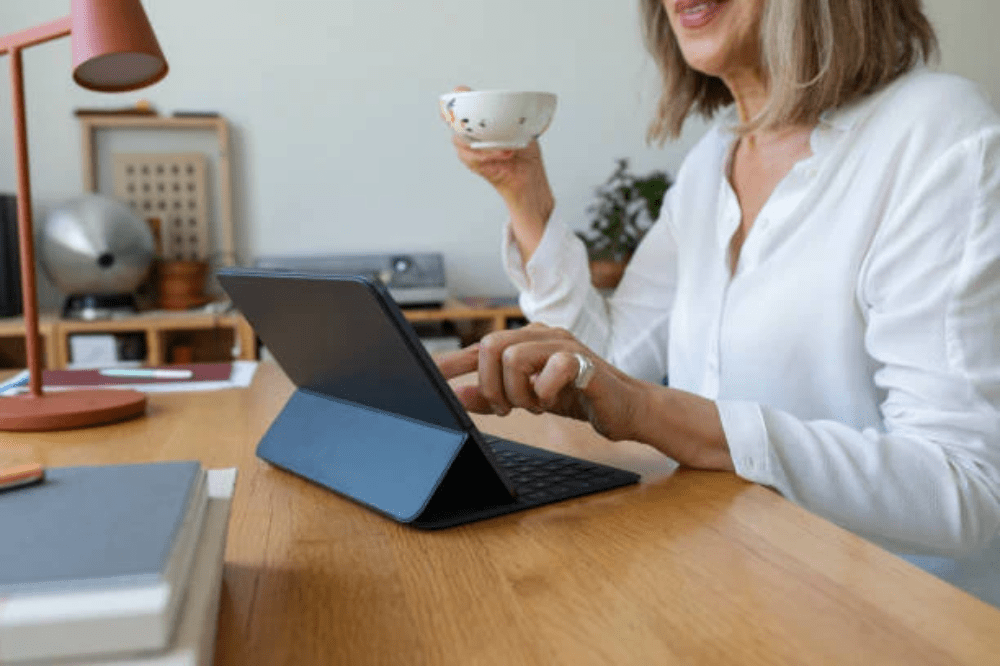
The biggest impact of elderly monitoring sensors will be when a senior is able to age in place. These sensors are low-powered devices that monitor motion in a senior's home. This helps caregivers understand patterns of daily life and alert them to changes that could be dangerous. They can even monitor a senior's physical condition. The goal of the elderly monitoring sensors is to help elderly people maintain their independence, so they should be considered well before they are needed.
Most elderly monitoring sensors work by detecting heat and motion. They send the information to a base system where a medical professional can interpret it and trigger a caution or audible alarm. Some units are equipped with an emergency button. Other house tracking solutions come with PIR-based movement detectors. If you're looking for elderly monitoring sensors, here are some of the options available:. The most common types of sensors are easy-to-install PIR-based units. They can detect heat and motion and transmit them to a base system. The base system can then translate the information to a voice-activated emergency button, or, in some cases, trigger an audible or visual warning.
Elderly monitoring sensors can detect Alzheimer's symptoms and alert medical professionals to any changes in behavior. The monitoring system for elderly in the home can be controlled from a computer or cell phone. Some systems can also be controlled from a distance. Once the elderly person receives the notification, they can be taken to a medical facility. They can then be tended to. Using these devices is a smart choice for many people. It is important to know what features a specific system has and how it can help your loved one.
The sensors that are used in elderly monitoring systems are also helpful in detecting the onset of Alzheimer's disease. If you or a loved one are concerned about their well-being, the sensors can alert the proper medical personnel, reducing the amount of time spent in a medical facility. These devices can be controlled with a cell phone or computer. Some are even remote-controlled, which is handy when you are not close to your loved one.
Elderly monitoring sensors can detect changes in a senior's vital signs. The device can also monitor vital signs like heart rate and respiration. The elderly monitoring sensors are nonintrusive and can provide privacy and security at the same time. However, if the elderly person has Alzheimer's, it is important to monitor their health and make sure that everything is fine. For instance, you may need to call the police to check on a suspicious activity.
The elderly monitoring sensors are also very effective in detecting Alzheimer's disease. Having a device installed in their home can prevent the onset of the disease and alert medical professionals. They can reduce the time spent in a hospital, which in turn saves money. The devices can be controlled by a cell phone or computer. Some are even remote and can even be controlled by a distant person. The technology can save lives and decrease the cost of care. For more understanding of this article, visit this link: https://en.wikipedia.org/wiki/Surveillance.